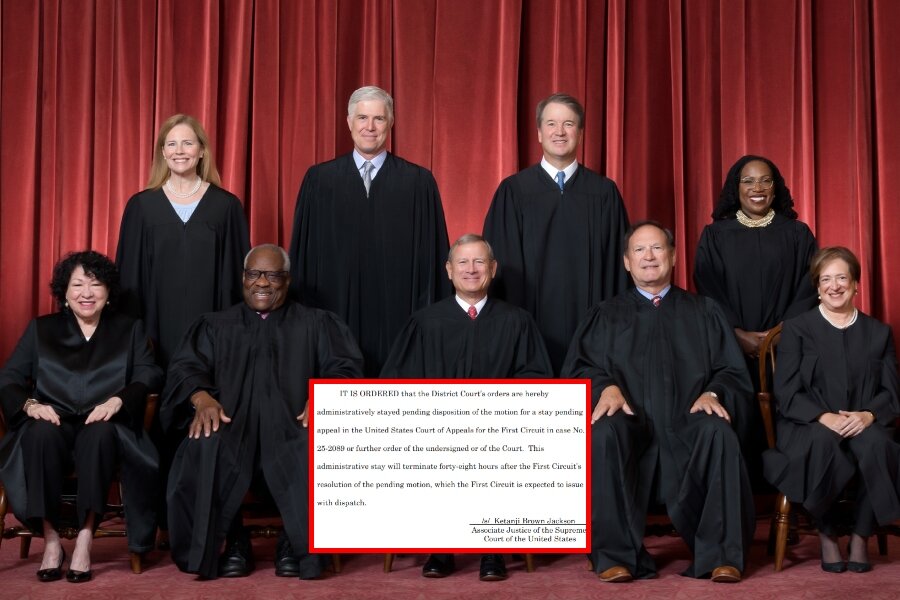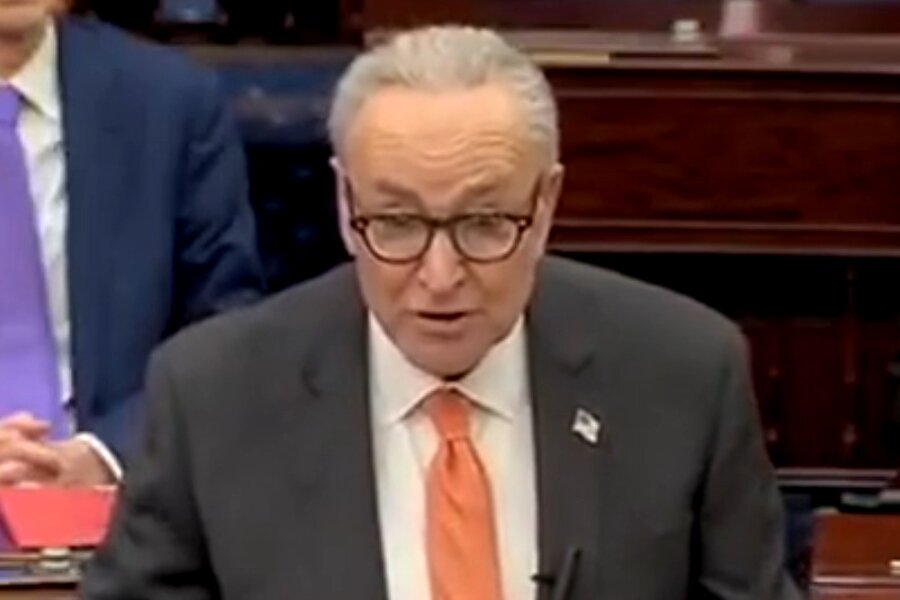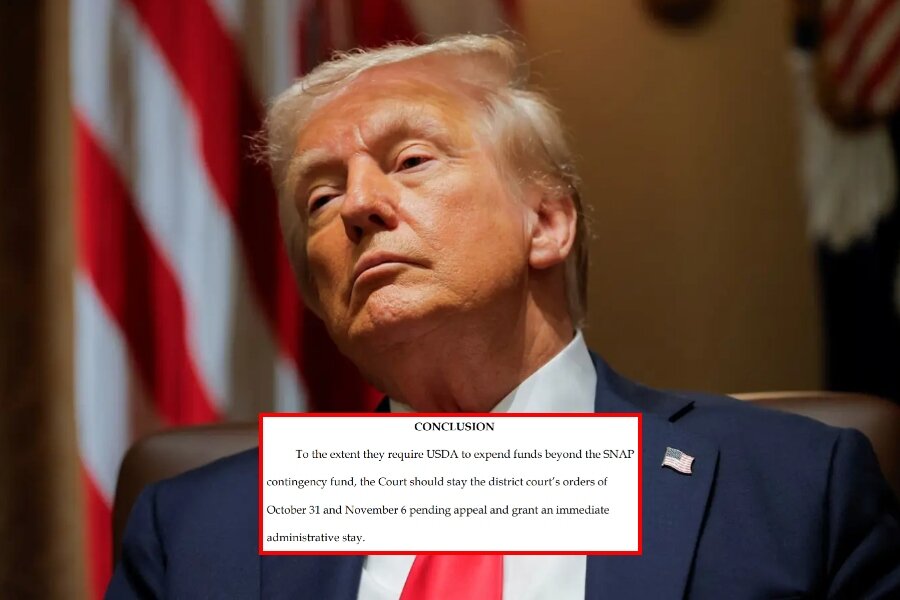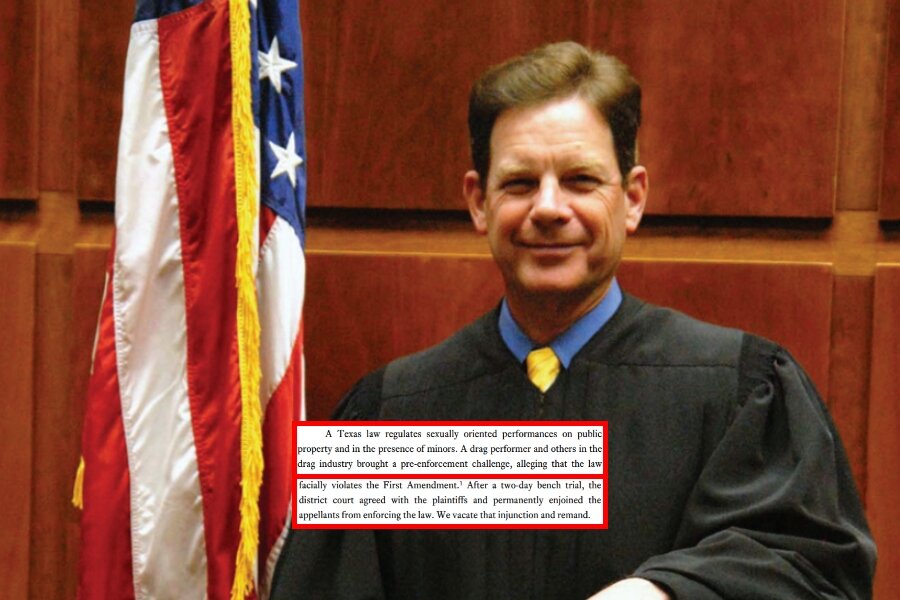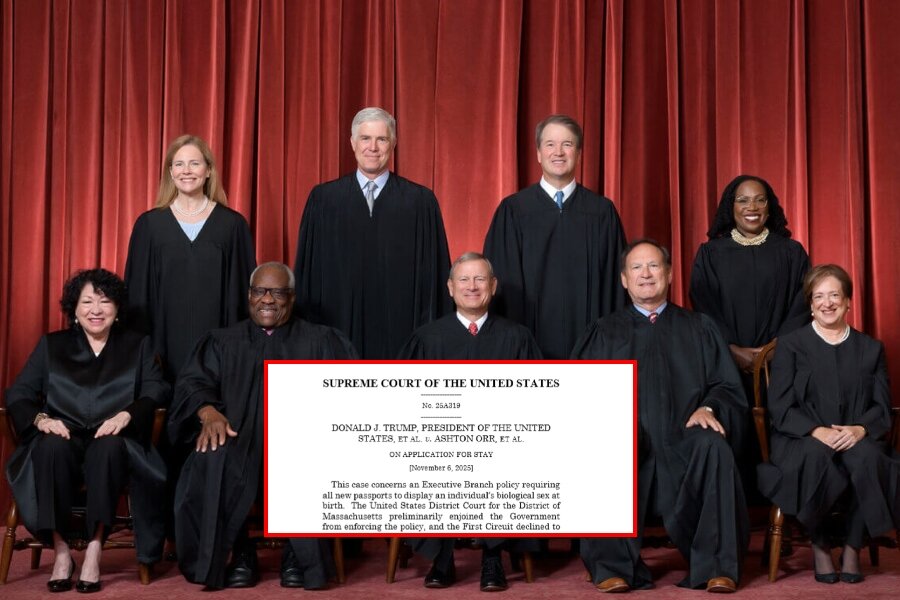A federal judge ordered Mississippi to revise an electoral map used in voting for state supreme court justices after determining that it violates the federal Voting Rights Act.
U.S. District Judge Sharion Aycock held on Aug. 19 that the current map unlawfully dilutes the voting power of black voters and violates Section 2 of the Voting Rights Act. The judge also ordered the state not to use the map until it can be redrawn. The case is known as White v. State Board of Election Commissioners.
Section 2 prohibits voting practices or procedures that discriminate on the basis of race, color, or membership in a large language minority group. Courts have interpreted the section to forbid race-based gerrymandering. Gerrymandering refers to the manipulation of electoral district boundaries to benefit a particular party or constituency.
The state is divided into three electoral districts, each of which elects three justices to the Mississippi Supreme Court. Elections are nonpartisan. Each justice is elected to a staggered eight-year term. When a vacancy occurs before the end of a term, the governor appoints a replacement. The same electoral districts are also used for the election of the Public Service Commissioner and the Transportation Commissioner, which take place on a partisan basis.
Black voters who lived in District 1 sued in 2022, alleging that the map dilutes the votes of black citizens in the district. The trial began in August 2024.
Although Mississippi has a large black population, “only four Black persons have served as a justice” on the Mississippi Supreme Court, according to Aycock. All of those black individuals held the same seat, known as Place 2 in District 1, and were first appointed by a governor, she said.
The only black justice currently serving on the court is Presiding Justice Leslie King, who represents Place 2 in District 1.
The state argued during the trial that the current map was lawful because District 1 is a district in which black people comprise a majority—51.5 percent—of the voting age population, she said.
However, the lifetime ban on voting for individuals convicted of felonies “indisputably disproportionately impacted Black Mississippians,” Aycock said. This negatively affects the outlook for electing black justices to the Mississippi Supreme Court, she said.
“Out of the 125 Justices who have served on the Mississippi Supreme Court, only four have been Black,” and those four have all represented the same seat—Place 2 in District 1, and all had an incumbency advantage because they were at first appointed by a governor, she said.
No black people have been elected to the court from the other two districts, she said.
There was also discrimination against black voters in the state’s past that lasted from when black people gained the right to vote in 1868 and when the Voting Rights Act was signed into law in 1965, she said.
Aycock issued an injunction blocking the state from using the current map in Mississippi Supreme Court elections, and she ordered the state Legislature to draw a new map. She also said the court will hold a status conference in the future to determine a deadline for the Legislature to produce the new map.
Share your thoughts by scrolling down to leave a comment.


